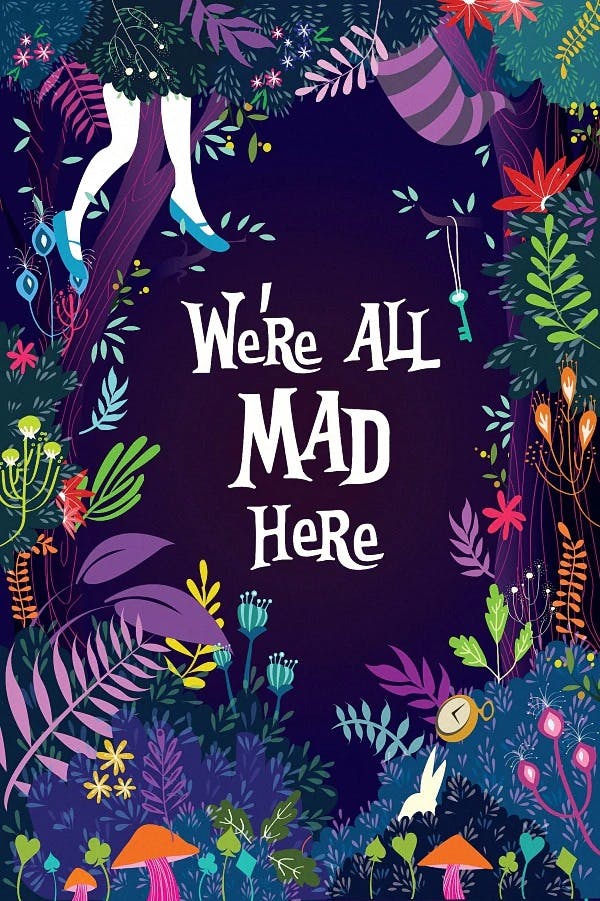Leading an African Campaign to Destigmatize Mental Illness

We have each had a moment or the other where our mental health has been challenged. For some like myself, this was not only a moment or the other, but a series of traumatic events which greatly messed us up and earned us an illness labelled with one fancy name or the other.
Sadly I must say, this label also known as a diagnosis, has attracted a lot of stigma from a world which is quick to shun all what it can't understand or 'accept', as shameful and embarrassing warranting a 'shut up' by the likes of myself.
Stigma is a Greek word meaning mark, cut or burn into the skin, to identify criminal slaves as polluted and shunned in public. However, in a simple term stigma are classed as being represented for persons who are usually excluded from society due to a condition they themselves did not choose or over which they may have little control over, thus suffer from “existential stigma”; such as sexual identity, mental retardation or even in such cases, marital status.
Various types of stigmas exist related to mental health, and some of the most recent research, along with Nicole Overstreet from Clark University, has revealed a Model that includes each of these types: (a) Anticipated Stigma: Expectations that others will react in stigmatising ways if they find out about stigmatising identity; refers to people’s belief that others will discriminate against or socially reject them; (b) Internalized Stigma: The extent to which people come to believe and endorse negative and stigmatising views about themselves (i.e., based on views that are perpetuated in larger community); (c) Enacted Stigma: Perceptions of discrimination and prejudice experienced from others, as well as the extent to which people feel they have been the targets of others’ prejudice (e.g., negative comments, public humiliation, being denied housing, physical threats); (d) Cultural Stigma: Ideologies that delegitimize experiences of mental condition suffers (e.g., the belief that GBV victims provoke their own victimization), as well as the ways that negative beliefs and stereotypes about mental health at the societal level influence the experience of victims of stigmatization at individual and interpersonal levels; (e) Perpetrator Stigma: Stigmatizing messages directly from one’s perpetrator, which can include emotionally, verbally, and/or psychologically abusive actions that perpetuate the stigma surrounding mental health.
It is all of such Stigma that I led my fellow peers of the Global Mental Health Peer Network - African Region, to come up with this campaign. Our campaign is making rounds and has been viewed the world over since it was shared by all of us in the GMHPN and picked up by other partner local and international organizations. As the elected Regional Representative, this project was one I initiated and championed and am so proud of sharing it as an initiative update in destigmatizing mental illness.
https://www.youtube.com/watch?v=TqH7s_JW1Vg&t=43s



